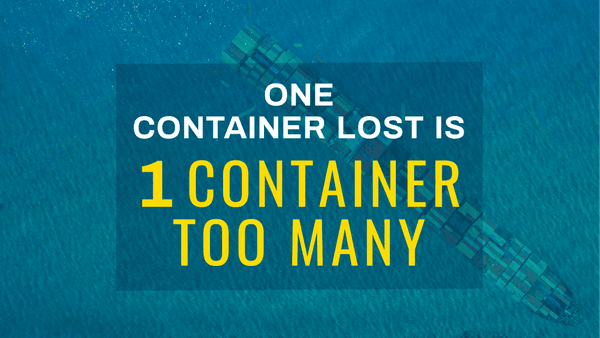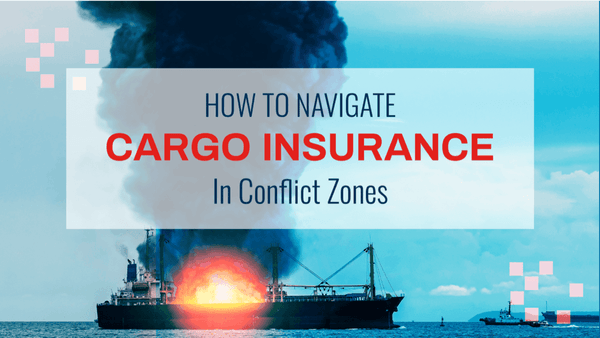Resource Center
Cargo Insurance vs Carrier’s Legal Liability: What’s the Difference?
Cargo Insurance vs Carrier’s Legal Liability: What’s the Difference?
In shipping and transportation, cargo insurance and carrier’s legal liability are two distinct areas of legal obligation that are critical to understand. In short, cargo insurance is a risk transfer method that enables the cargo owner to shift the accidental financial loss of cargo in transit to the insurance company, while carrier liability refers to the legal liabilities of the appointed transportation company for goods in their care, custody, and control.
Carrier’s legal liability is established by international conventions and national laws, and sets the framework for holding carriers accountable for damage to cargo during transit. This type of liability comes with its limitations. Shippers bear the burden of proving that a carrier’s negligence caused a direct loss, and they must prove the carrier failed to exercise due diligence in safeguarding the shipment.
Often, a carrier’s legal liability comes with maximum compensation limits per container or per kilogram of cargo and might not cover the full value of lost or damaged goods. These limited amounts are referenced and defined in the carrier’s terms and conditions of service and/or terms and conditions of carriage.
The chart below details the limit of liability based on the mode of transit:
| MODE OF TRANSIT | LIMIT OF LIABILITY |
| Ocean Carriers | $500 / package or Customary Shipping Unit (CPU) based on the Carriage of Goods by Sea Act (COGSA) |
| International Air Carriers | $9.07/lb. or approx. $20/kg. under Warsaw Convention 26 SDR* (approx. $29/kg.) under Montreal Convention or Warsaw Convention as amended by Montreal Protocol 4 |
| U.S. Domestic Airlines
U.S. Domestic Truckers U.S. Domestic Railroads |
$.50/lb. customary
$.50/lb. customary, limited by tariff Limited |
| Canada Truckers | $2.00/lb. |
Cargo insurance, on the other hand, provides a broader and more comprehensive safety net for shippers. It offers several distinct advantages over relying solely on carriers’ legal liability:
Wider scope of coverage, including fire, theft, water damage, and some forms of carrier negligence
Higher compensation limits tailored to the specific value of the transported goods
Greater peace of mind that financial interests are protected regardless of who is at fault
Ultimately, as a shipper or a carrier, the goal is to limit the risks involved and safeguard the full value of your transported goods. Cargo insurance is the best option for protecting cargo and your financial interests during transit.















